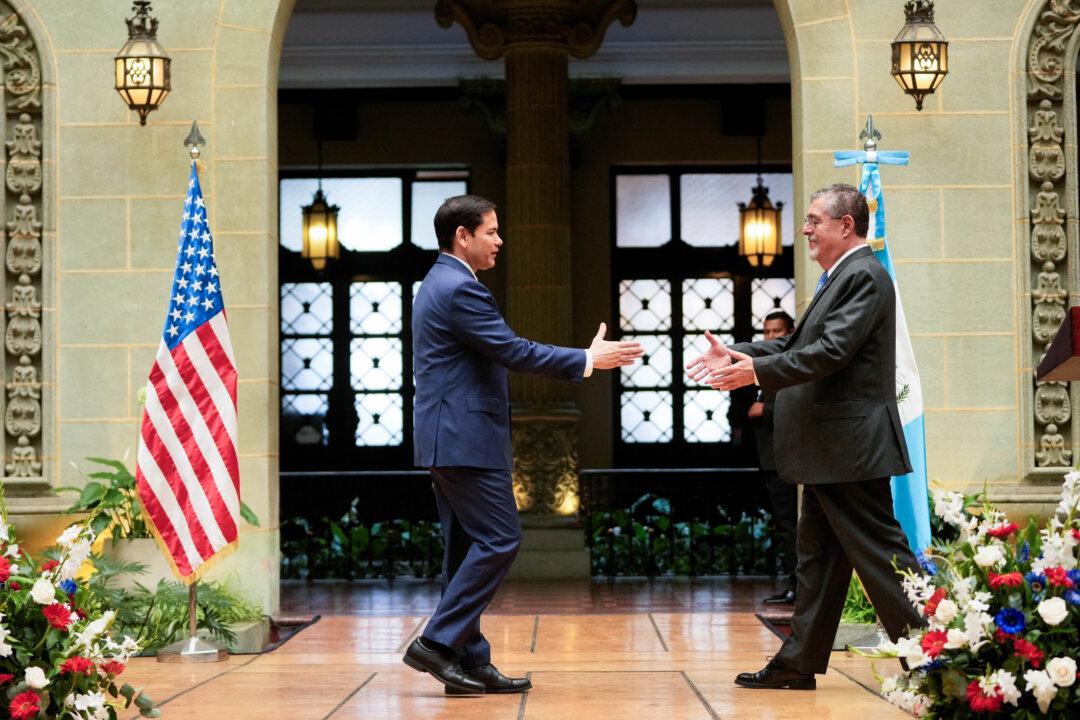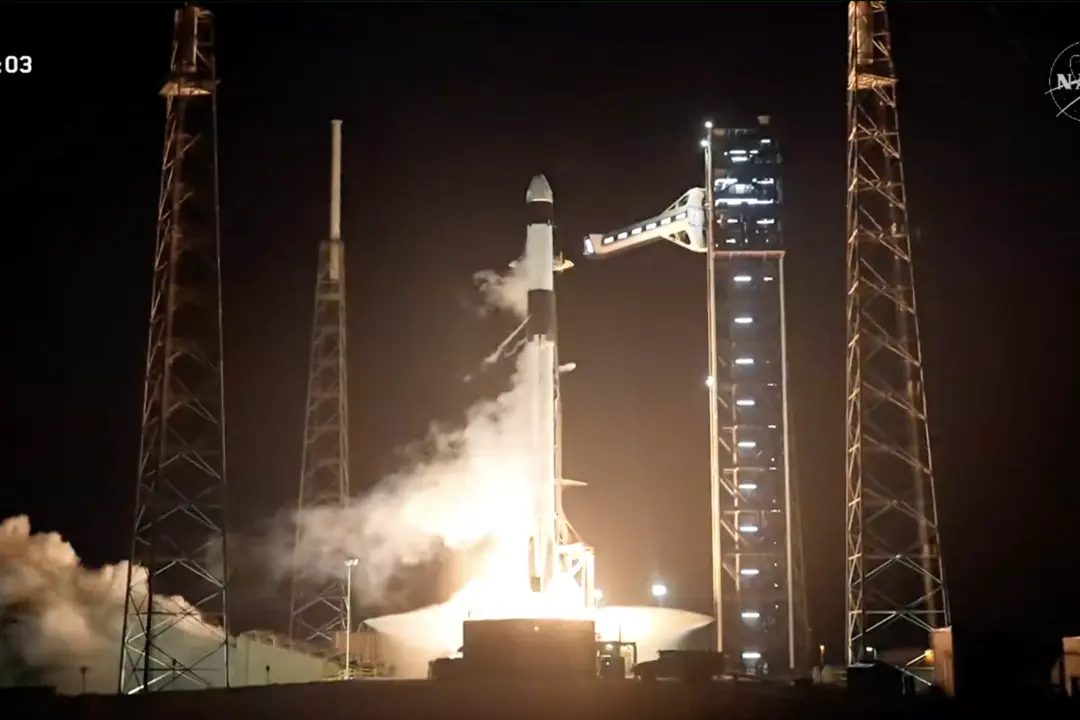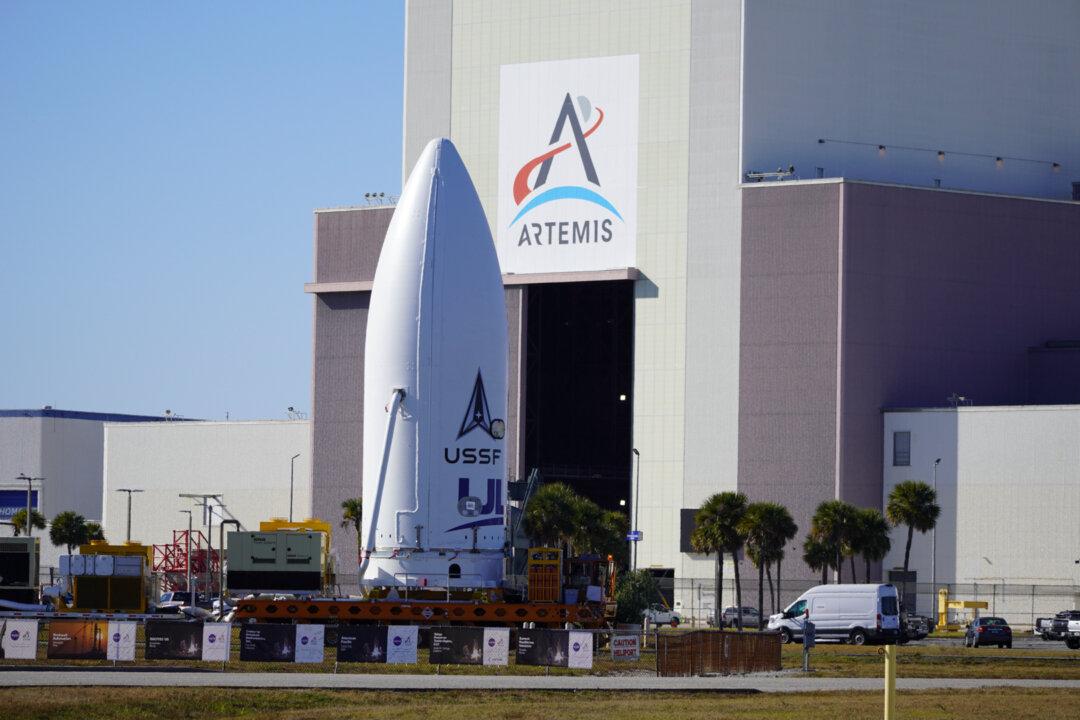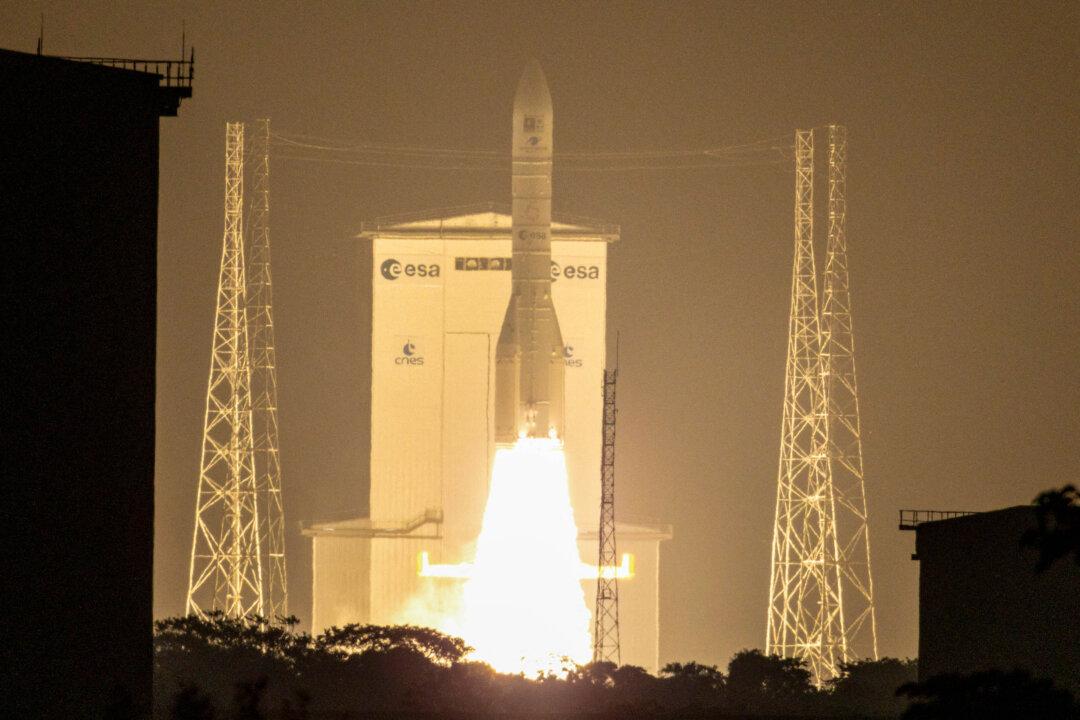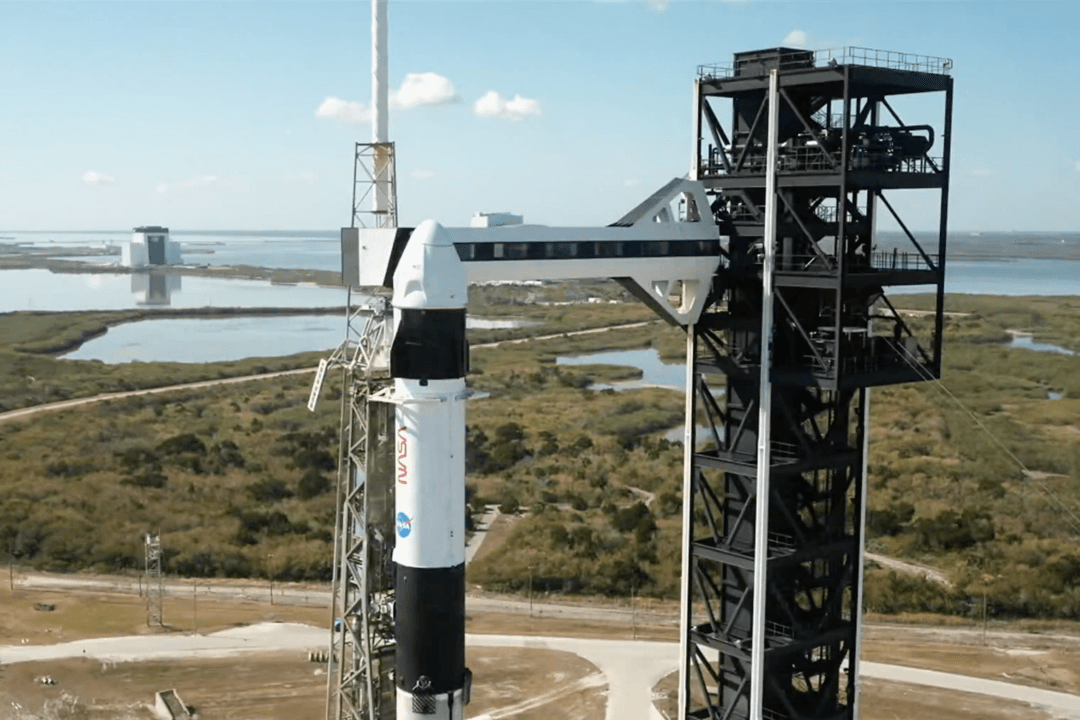Guatemalan President Bernardo Arévalo announced on Feb. 5 that his nation would accept illegal immigrants from other countries being deported from the United States after meeting with U.S. Secretary of State Marco Rubio.
Titled the “Safe Third Country” agreement, Guatemala’s acceptance would act as a step in the ultimate U.S. plan to return all deportees to their home countries, which Arévalo said would be done at the United States’ expense.
